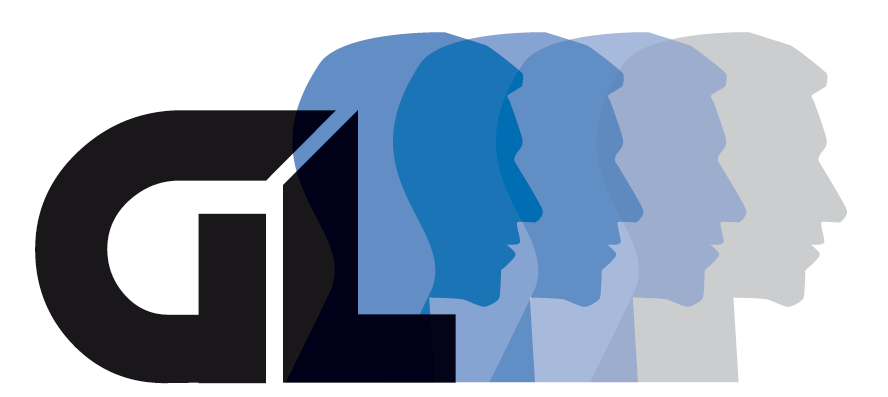Language is a living thing; it changes and adapts to the needs of its wearers. Historically, English and many other languages have been deeply rooted in a gender binary that limited people to being recognized as both male and female. This binary system is reflected in the traditional honorifics we have long used. As societal understandings of gender have expanded, our language has also had to adapt to more accurately and respectfully acknowledge these changes.
Mx. pronounced “Mix” or sometimes “Mux,” arose out of a need for a name that was not tied to gender or marital status. This honorific first appeared in Single Parent magazine in 1977, signaling the beginning of a movement toward more inclusive language. Since then Mx. is increasingly recognized and accepted, especially in English-speaking countries such as the United Kingdom and the United States.
 The push for gender-neutral language is part of a broader societal shift toward recognition and respect for gender diversity. This shift has been driven by various social and academic movements challenging traditional gender norms and advocating for greater inclusivity. Non-binary and gender-queer individuals and their allies have played a key role in highlighting the limitations and exclusions inherent in a strictly binary understanding of gender. Their efforts highlighted the need for a language that could encompass the spectrum of gender identities.
The push for gender-neutral language is part of a broader societal shift toward recognition and respect for gender diversity. This shift has been driven by various social and academic movements challenging traditional gender norms and advocating for greater inclusivity. Non-binary and gender-queer individuals and their allies have played a key role in highlighting the limitations and exclusions inherent in a strictly binary understanding of gender. Their efforts highlighted the need for a language that could encompass the spectrum of gender identities.
In 2015, the Oxford English Dictionary (OED) officially added “Mx”. to its lexicon, marking a major milestone in the acceptance and legitimacy of the honorific word. Mx inclusion. in such a prestigious dictionary emphasizes the importance and recognition of gender neutrality in the English language. This step was not merely symbolic; this contributed to the adoption of Mx. in various formal and informal contexts, making it more accessible and familiar to the general public.
Technology has played a significant role in the evolution of gender language. The growth of social media platforms and other digital communication tools has created a space for different voices to be heard and new ideas about gender and identity to be spread quickly. Online communities have been particularly influential in advocating for gender-neutral language, sharing resources, and educating others about the importance of inclusivity.
In practical terms using Mx. began to penetrate various aspects of everyday life. For example, some banks, utility companies, and online services now offer Mx. as an option in digital forms and customer profiles. Educational software developers also use Mx. into their student information systems, allowing schools to more accurately and respectfully address their students.
Academic institutions have been at the forefront of this linguistic evolution. Universities such as Oxford University in the UK and Harvard University in the US allow students and staff to use Mx. as their preferred title of honor. These institutions have implemented comprehensive guidelines and policies to ensure that non-binary and genderqueer individuals are recognized and respected in all aspects of campus life, from admission to graduation.
Legislation in some regions has also begun to reflect this linguistic change. For example, in 2017 the Canadian province of Ontario amended its human rights code to explicitly include gender identity and gender expression as protected categories. This change led to the adoption of gender-neutral language, including Mx., in legal documents and government forms.
Why Inclusivity Is Important
Inclusivity in language is crucial because it recognizes and validates the identities and experiences of those who may have been marginalized or left out. For many non-binary and genderqueer individuals, the lack of an appropriate and respectful title has historically been a significant barrier to their recognition and acceptance in society. Using Mx. helps create a more supportive environment where different identities can be recognized without the constraints of traditional gender roles.
Research has shown that inclusive language can have significant psychological benefits. A study conducted by the Williams Institute at UCLA School of Law found that using proper names and honorifics significantly reduced depression and suicidal thoughts among transgender and non-binary individuals. When people are addressed in a way that matches their identity, they feel more noticed, respected, and recognized. This sense of recognition can lead to improved mental health and a greater sense of belonging.
The importance of using inclusive language goes beyond mere politeness. It validates individuals’ identities and experiences, promoting a sense of belonging and reducing the stress associated with gender nonconformity. Misgendering or using language that does not match one’s gender identity can be very harmful. According to the 2015 US Transgender Survey, 32% of respondents who identified or identified as transgender reported being gender nonconforming, contributing to adverse mental health outcomes, including increased anxiety and depression.
When institutions such as schools, workplaces, and government agencies adopt the use of Mx., they signal a commitment to equality and respect for all people, regardless of gender. For example, some progressive companies have implemented policies that require the use of preferred pronouns and honorifics in professional settings. These policies are not only about compliance; they foster an inclusive culture that can attract and retain a diverse workforce. According to McKinsey & Company research, companies with a more diverse workforce are 35% more likely to achieve above-average financial returns, highlighting the tangible benefits of inclusivity.
In educational institutions, inclusiveness plays a crucial role in student well-being and academic success. Schools that recognize and use gender-neutral names such as Mx. in their communication and documentation create a safer and more enjoyable environment for all students. Research by the Gay, Lesbian, and Straight Education Network (GLSEN) shows that students who attend schools with inclusive policies and practices report fewer incidents of bullying and harassment. These students also tend to have better academic performance and higher school attendance rates.
Equally important is inclusiveness in healthcare facilities. When healthcare providers use gender-neutral names and inclusive language, they create a more comfortable and trusting environment for non-binary and gender-queer patients. A 2016 study published in the Journal of General Internal Medicine found that transgender people who experience discrimination in healthcare settings are less likely to seek medical care in the future. By implementing inclusive practices, healthcare providers can improve patient outcomes and ensure that all people have access to the healthcare they need.
The importance of inclusiveness also extends to public services and government interactions. For example, in 2016, the New York City Commission on Human Rights implemented guidelines requiring employers, landlords, and service providers to use individuals’ preferred name, pronoun, and job title, including Mx. Failure to comply with the requirements can result in fines, which demonstrates the city’s commitment to protecting the rights and dignity of all its residents.
Inclusivity also has a wider societal impact. When media, entertainment platforms, and public figures embrace and normalize the use of gender-neutral language, they help change cultural perceptions and reduce stigma. Popular culture has a powerful influence on societal norms, and when celebrities, writers, and broadcasters use Mx., it promotes greater acceptance and understanding. For example, when such well-known newspapers as The New York Times and The Guardian started using Mx. in their articles, they not only confirmed the honor but also informed millions of readers about its significance.
